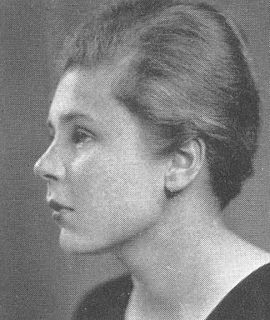A Quote by Edward Hirsch
In high school I was leafing through an anthology that our teachers had given up and I found a poem, I go, "That's so strange. This poem looks so much like my grandfather's poem."
Related Quotes
The subject of the poem usually dictates the rhythm or the rhyme and its form. Sometimes, when you finish the poem and you think the poem is finished, the poem says, "You're not finished with me yet," and you have to go back and revise, and you may have another poem altogether. It has its own life to live.
I keep feeling that there isn't one poem being written by any one of us - or a book or anything like that. The whole life of us writers, the whole product I guess I mean, is the one long poem - a community effort if you will. It's all the same poem. It doesn't belong to any one writer - it's God's poem perhaps. Or God's people's poem.
It was early on in 1965 when I wrote some of my first poems. I sent a poem to 'Harper's' magazine because they paid a dollar a line. I had an eighteen-line poem, and just as I was putting it into the envelope, I stopped and decided to make it a thirty-six-line poem. It seemed like the poem came back the next day: no letter, nothing.
The statement of ideas in a poem may have to do with logic. More profoundly, it may be identified with the emotional progression of the poem, in terms of the music and images, so that the poem is alive throughout. Another, more fundamental statement in poetry, is made through the images themselves those declarations, evocative, exact, and musical, which move through time and are the actions of a poem.



































